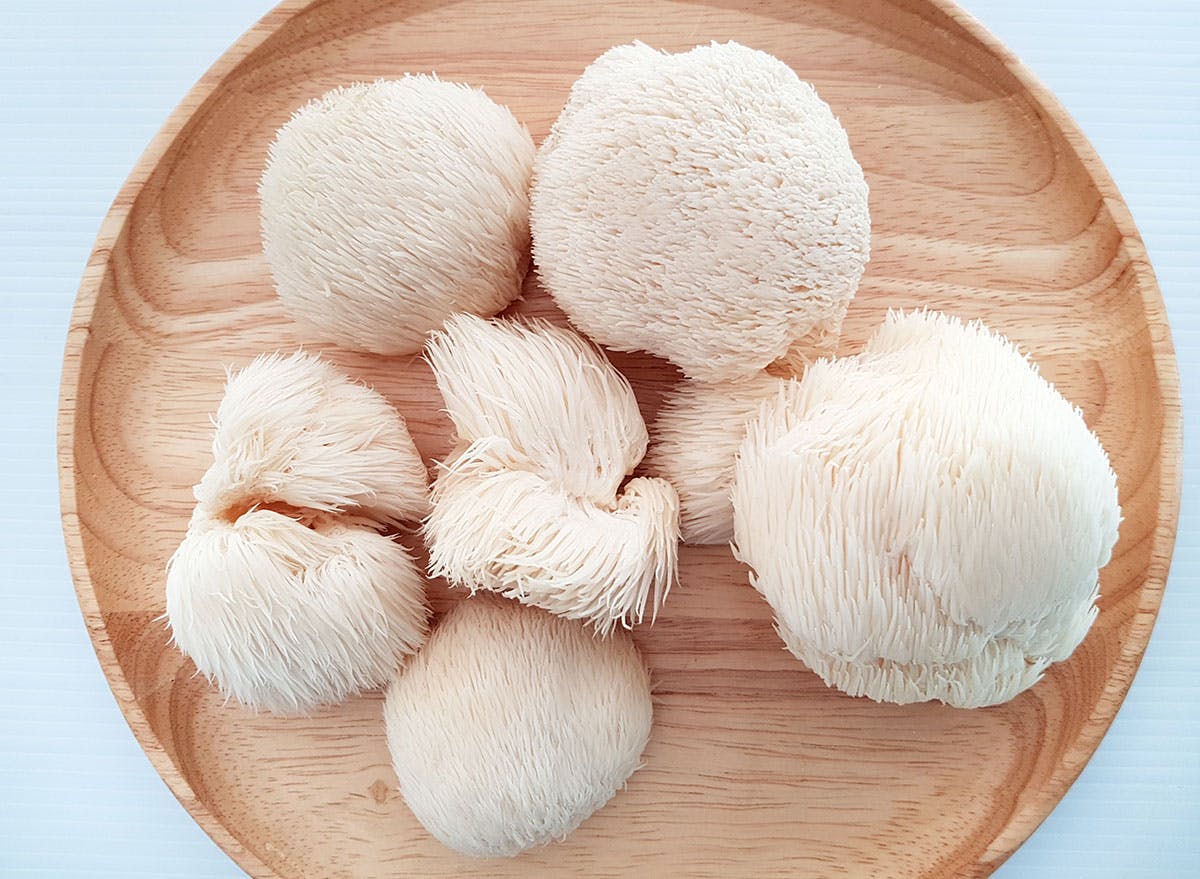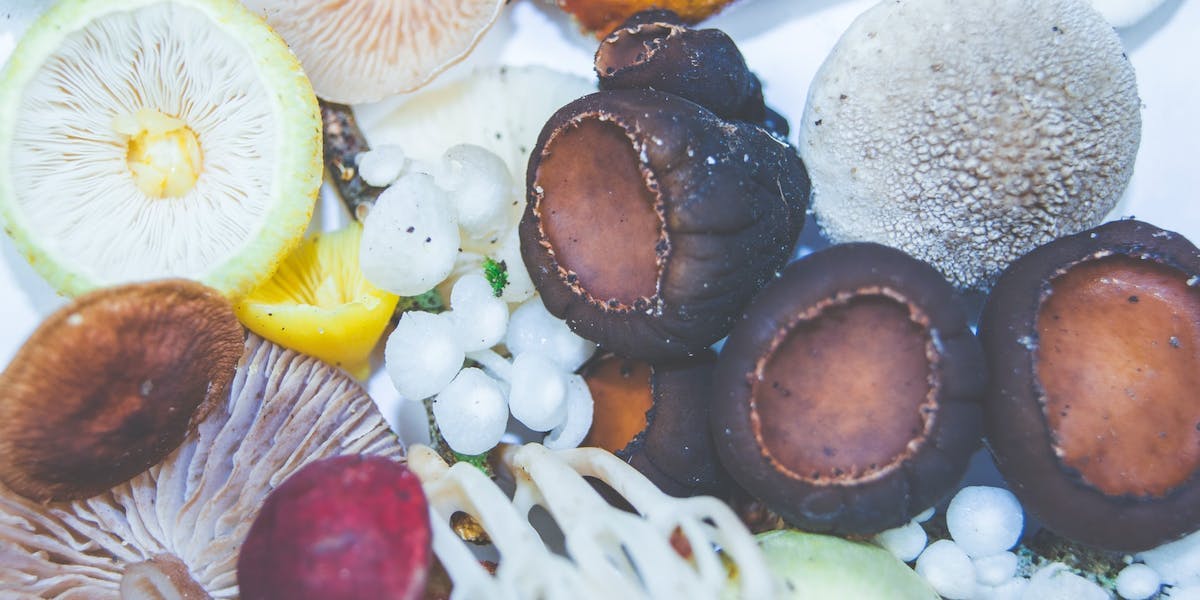Lifestyle
The Health Benefits Of Lion’s Mane Mushrooms
4min read
The vast world of fungi boasts unparalleled nutritional and health benefits and extends far beyond the button and portobello varieties. Keep reading to discover all about Lion’s Mane mushrooms and why they’re becoming an ever more popular supplement in the realms of mushroom superfoods.
Over the past five years, peoples’ searches for Lion’s Mane mushrooms has risen by a staggering 196% – with this there has been a significant boost to its sales and a whole ingredient, in supplement form and even in Lion’s Mane coffee.
What exactly are Lion’s Mane mushrooms?

Their scientific name is Hericium erinaceus and part of the tooth fungus group, native to North America, Asia and Europe, growing in clumps of dangling spines on dead or dying hardwood trees during the late summer and autumn.
Lion’s Mane is known as the mushroom of the mind (and no, not in that way), so you won’t be surprised when we tell you that it helps support healthy brain function.
Health benefits of Lion’s Mane

The fungus contains bioactive substances such as hericenones and erinacines both of which stimulate brain cell growth, as well as even protecting against Alzheimer’s disease. It’s also full of antioxidants, like most medicinal mushrooms, which helps boost the immune system.
Lion’s Mane has been used in traditional Chinese medicine for thousands of years owing to its promotion of cognitive function and mental clarity.
How to eat Lion’s Mane

You can eat Lion’s Mane raw, cooked, dried or infused in hot water. Don’t be too alarmed if you start tasting seafood; its flavours are often compared to lobster or crab, which is why it’s a popular vegan-friendly meat alternative.
You’re also able to buy Lion’s Mane supplement capsules and even coffee that’s infused with the stuff – read more about that coffee here.
Are there any health drawbacks?
All studies so far have shown that Lion’s Mane mushrooms (whole and as an extract) are very safe, even in high doses. However, if you have any form of mushroom allergy then best steer clear of this one as some allergic reactions have been reported.
The full research into all its possible health benefits isn’t conclusive at this point, but as the mushroom becomes ever more popular more studies are being carried out – so watch this space for updates!
Let us know your thoughts in the comments below!
By Fabian Jackson
Fabian is one of our lovely Content Marketing Assistants who loves writing almost as much as he loves coffee, old episodes of Escape to the Country (no judgement here), and cooking up a storm in his kitchen.
Let us take care of dinner
We help to make eating more plants easy and delicious. Fancy letting us take care of dinner? Check out our delicious meals here.
Shop now
